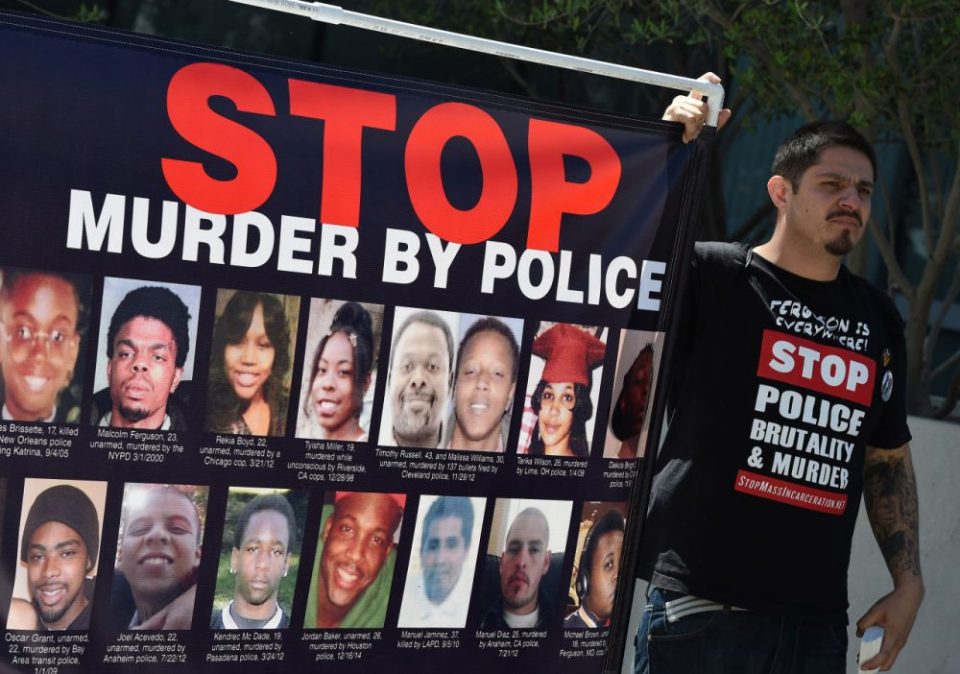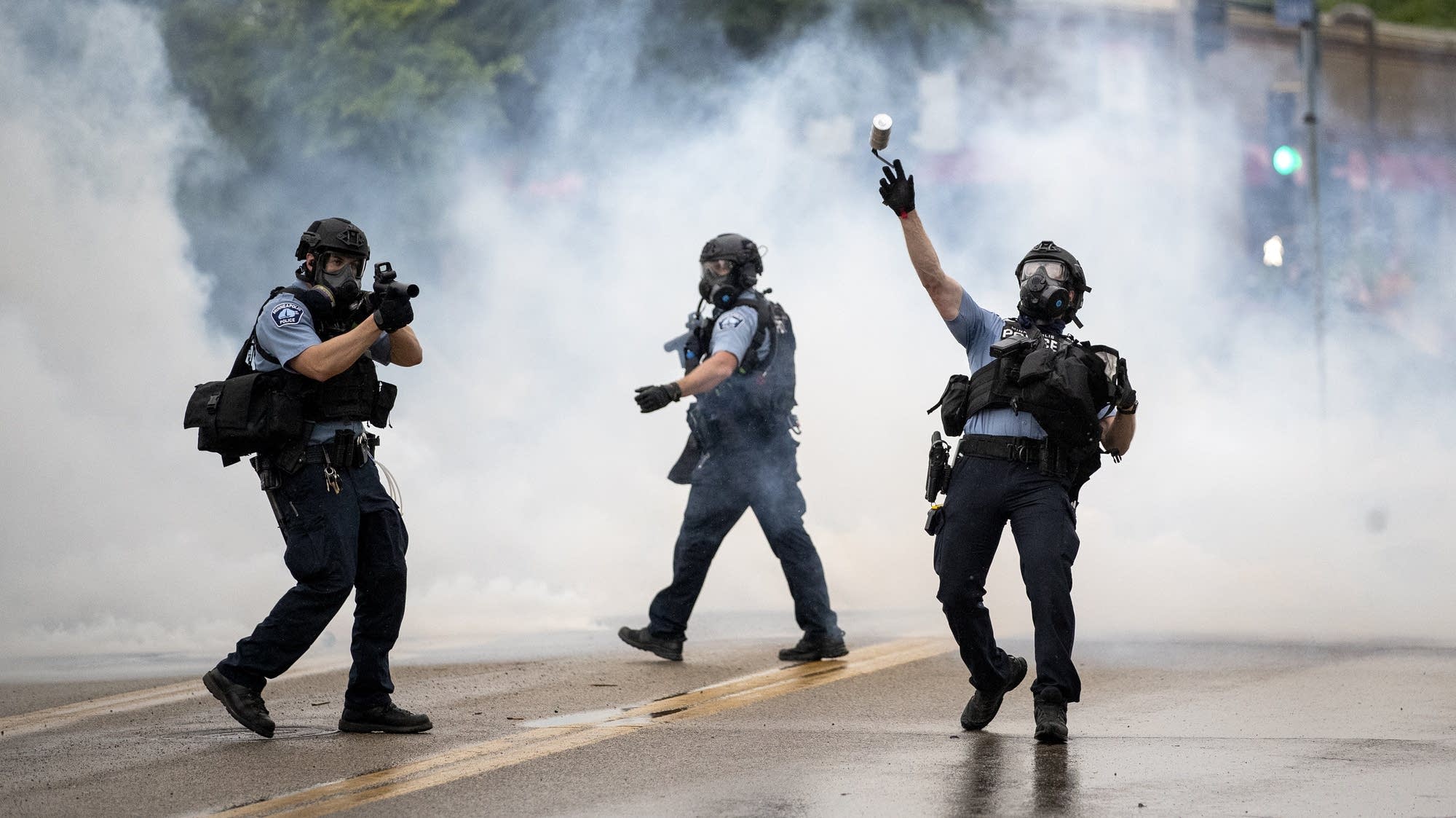by Arthur Rizer and Casey Witte
By all accounts, 2020 has been a watershed year for policing. Now more than ever, Americans are looking at how police go about keeping the peace — and they are asking questions. The deaths of George Floyd, Philando Castile, Tamir Rice and too many others have shed a light on long-obscured problems in policing. Racial bias and unrestrained use of force procedures have brought both emotional and physical pain to many communities.
However, with the widespread recognition of these problems, we can begin to solve them. In a way, Iowa has begun to do just that. This past June, Gov. Kim Reynolds signed into law a bill that largely banned the use of chokeholds by members of law enforcement. And after a year of careful study and deliberation, the governor’s Fueling Ongoing Collaboration and Uncovering Solutions (FOCUS) committee has a few suggestions for the legislature on how to solve the problem of racial bias in criminal justice. The legislature should be quick to adopt these recommendations, but also commit to a long-term agenda of study and reform.

Committee Suggestions
Under one of the committee’s suggestions, a person’s race would be listed on their driver’s license and automatically recorded whenever a member of law enforcement asks for their identity. As it stands, data on race is only collected haphazardly by members of law enforcement, resulting in incomplete or even false data. With more complete data, we can begin to have a deeper understanding of the role that race plays in law enforcement. We can then take targeted action.
The other committee suggestion of note addresses racial bias in a more direct way: If passed as the committee outlines, a new law would not only prohibit the use of racial profiling, but punish offending officers and allow individuals to take civil action if they were profiled. The Iowa Supreme Court recently addressed the issue of racial profiling in traffic stops. But the court declined to create new case law which would place alleged instances of profiling under stricter scrutiny. If adopted by the legislature, this suggested ban on racial profiling could change that.
While these efforts to address racial bias in policing should be commended, we must keep two key things in mind. First, nothing happens until the legislature acts; and second, there is always more to be done when improving our criminal justice system. It should be common sense that discrimination on the basis of race should not be tolerated. But it is not the only component in public safety causing harm to communities of color.
Community Profiling
Further, disproportionate police contact with certain communities is another issue in criminal justice which can cause harm. In fact, some research suggests that more youthful interactions with law enforcement is associated with an increase in future delinquent behavior. This in turn creates its own problem as once someone enters the criminal justice system, the likelihood that they return to crime and add to their record increases. Ultimately, this creates a vicious cycle where more police contact results in more arrests which leads to yet more police contact. Initiatives promoting alternatives to arrest for both youth and adults should be explored.
We should also carefully examine what happens after an arrest is made. Some people still cling to the old notion that the prosecutor with the most convictions is the best at their job. However, this is not necessarily the case. If prosecutors are solely examined by the number of convictions they make, then they might feel outside pressure to pursue insignificant crimes in order to keep their numbers up during times of decreasing criminal activity — a time which we have now lived in for the past three decades. This outdated method of measuring prosecutorial effectiveness on convictions alone stands to warp the pillars of fairness and equal protection which prosecutors try to uphold every day.
Solutions Coming Soon?
While there are serious problems we must address in our criminal justice system, more people than ever are working to find solutions. The vast majority of men and women who strive to maintain and improve public safety today are doing so with the best intentions, and as those that benefit from their protection, we should support them. However, it is also our role as citizens to point out flaws and make corrections when the promise of equal protection under the law is not kept.
This is all to say that while Iowa’s efforts to address the problems endemic in our criminal justice system are commendable, these efforts should not be the end, but only the beginning.

